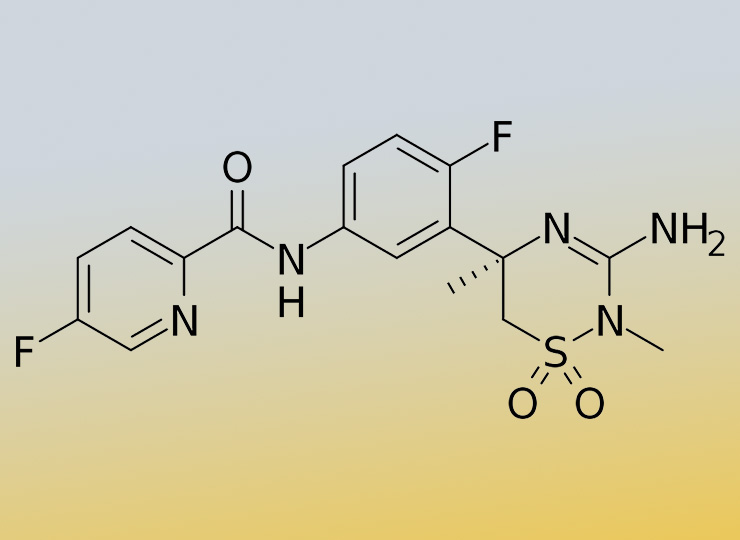
October 11, 2018
In a rigorous late-stage trial, an experimental drug called verubecestat failed to improve memory and thinking skills or slow the progression of Alzheimer’s disease. The drug had shown promise in earlier, smaller trials. But in the new study it failed definitively to show benefit compared to a placebo.
Verubecestat, made by the drug company Merck, is one of a number of drugs currently being investigated for slowing, or halting, the progression of Alzheimer’s. Current medications for Alzheimer’s may ease symptoms for a time but do not get at the root cause of disease or stop its progression.
The disappointing findings add to a string of drug failures in recent years. The results underscore the need for new, more effective treatments to combat a disease that affects more than 5 million Americans and over 45 worldwide.
For the study, researchers recruited 1,958 patients, aged 55 to 85, in the mild to moderate stages of Alzheimer’s disease. They were randomly assigned to one of three groups. A third of the patients got the drug at a dosage of 12 milligrams a day; a third got a higher dosage of 40 milligrams a day; and the final third got a lookalike dummy pill to measure what we call the placebo effect.
Verubecestat works by blocking an enzyme, called BACE-1, that is critical for the formation of beta-amyloid, a toxic protein that builds up in the brains of those with Alzheimer’s disease. As beta-amyloid builds up, it forms sticky plaques that choke off brain cells and especially in the memory centers of the brain. Small aggregates of this toxic protein (called oligomers) are now recognized as being at least as toxic as the plaques and probably even more.
Earlier studies had shown that the drug reduces levels of beta-amyloid by more than 75 percent. The hope was that reducing beta-amyloid would block the formation of plaques, and as a consequence the progression of Alzheimer’s would slow substantially.
But that was not the case in this large scale clinical study. After about a year, those taking the drug showed no benefits compared to those taking a placebo. Those taking the drug did not score higher on tests that measure memory and thinking skills. Nor were they better able to carry out daily tasks like dressing and bathing.
The drug also had side effects. Rash, an increased risk of falls and injuries, poor sleep, thoughts of suicide, weight loss and hair-color changes were all more common in those taking the drug than in those taking a placebo.
The trial was ended after 50 weeks, earlier than planned, because no benefits emerged.
The disappointing results call into question the right strategy for developing new drugs for Alzheimer’s disease. Alzheimer’s is a progressive illness that is thought to begin 10 to 20 years before the onset of symptoms like memory loss. It is possible that for drugs to be effective, they may need to be started at a very early stage, before damage to the brain becomes extensive.
But scientists are still unsure how to identify Alzheimer’s disease at its earliest stages, or which patients might benefit from which treatments. More research is needed to shed light on how Alzheimer’s disease develops and to identify new drug targets. Better understanding of the disease should lead to better treatments and, one day, a cure for the disease.
By ALZinfo.org, The Alzheimer’s Information Site. Reviewed by Marc Flajolet, Ph.D., Fisher Center for Alzheimer’s Research Foundation at The Rockefeller University.
Source: Michael F. Egan, MD; James Kost, PhD; Pierre N. Tariot MD, et al: “Randomized Trial of Verubecestat for Mild-to-Moderate Alzheimer’s Disease.” New England Journal of Medicine, May 3, 2018











